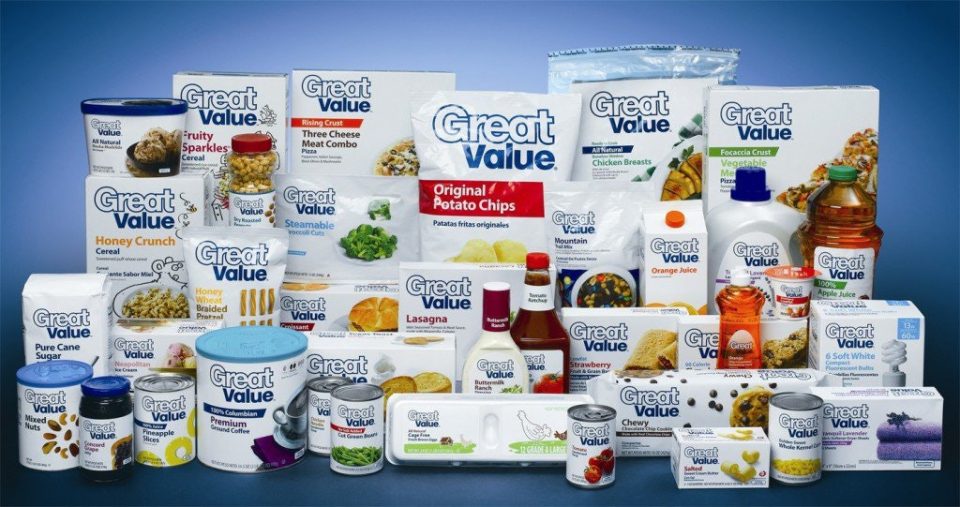Private label sales refer to products manufactured by a retailer and sold under the retailer’s own brand name. These products are often sold at a lower price than branded products, offering consumers a more affordable option. Private label sales have been on the rise in recent years, and many retailers are investing in expanding their private label offerings.
One of the main reasons for the growth of private label sales is that consumers are becoming more price-conscious. With increasing competition among retailers, private label products offer a way for retailers to differentiate themselves from their competitors and attract price-sensitive customers. Private label products also offer retailers higher profit margins compared to branded products, as they eliminate the cost of branding and marketing.
In addition to cost savings, private label products can also offer quality and value to consumers. Many retailers are investing in creating premium private label products, offering consumers an alternative to higher-priced branded products. For example, some supermarkets offer private label lines of organic or gourmet foods that can be sold at a lower price than their branded counterparts.
Private label sales are not limited to food and beverage products. Many retailers offer private label products in various categories such as beauty, personal care, household goods, and clothing. These products can offer consumers a more affordable option while still maintaining a level of quality that is comparable to branded products.
Overall, private label sales are expected to continue to grow as retailers invest in expanding their offerings and consumers become more price-conscious. Private label products can offer consumers a quality product at a lower price, while retailers can increase their profit margins and differentiate themselves from their competitors.



